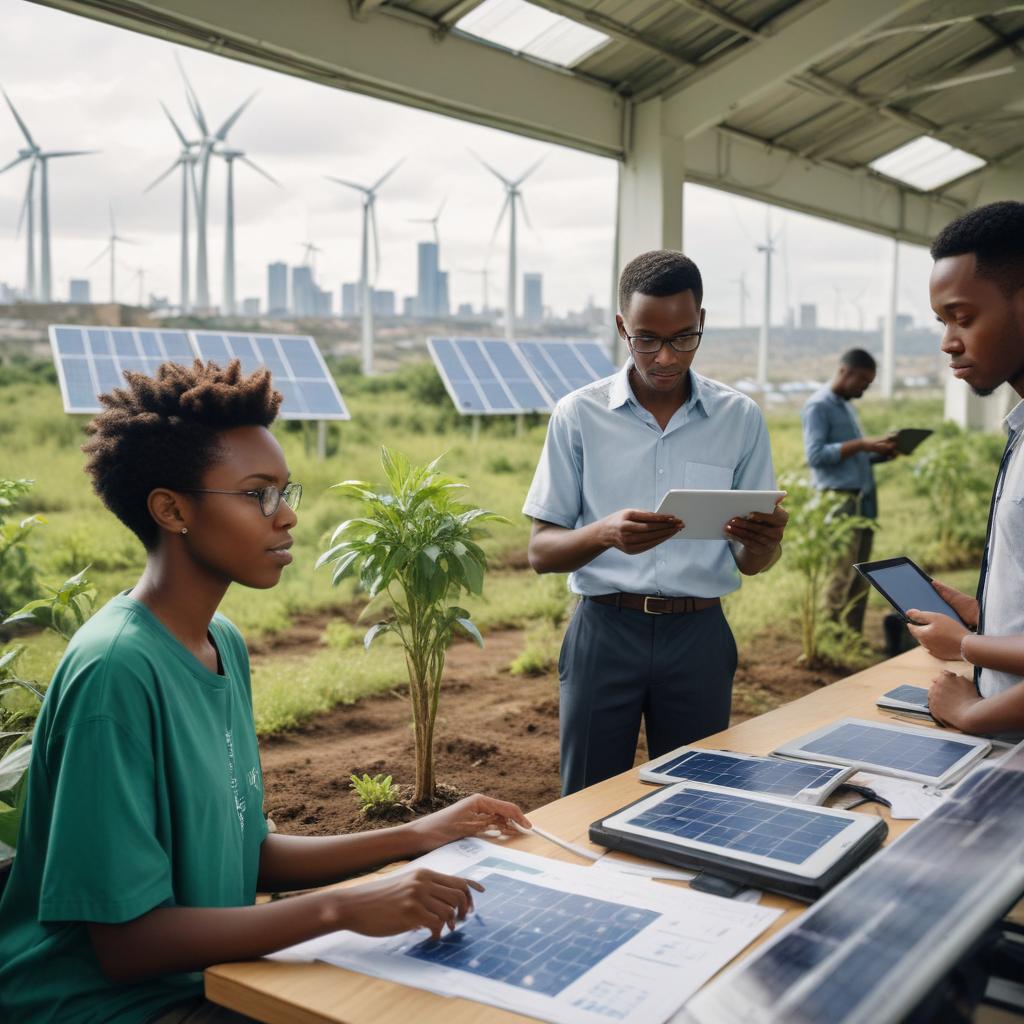While fintech often dominates headlines about Africa’s tech growth, there’s a quieter, equally powerful movement gaining momentum—climate innovation. And it’s not just a buzzword. It’s a necessary, urgent, and opportunity-rich revolution led by Africa’s youth, driven by local problems, and powered by forward-thinking solutions.
In a compelling interview with The Guardian, Patrick Verkooijen, CEO of the Global Center on Adaptation, highlights Africa’s unique role in the global climate conversation. His vision is bold but grounded: Africa has the potential to become a global leader in climate-smart technology and resilience solutions, not just because of the challenges it faces, but because of the innovation already emerging from within.
Cities like Nairobi, often called Silicon Savannah, are becoming hubs for green entrepreneurship. Young Africans are designing and building ventures that blend sustainability with technology—ranging from AI-powered agriculture systems and climate-resilient crop solutions to renewable energy platforms, carbon removal technologies, and digital tools for water management.
This growing wave of climate entrepreneurship is not aid-driven or donor-dependent. It’s commercially viable, impact-oriented, and youth-led. African innovators are building real businesses that solve environmental challenges while generating jobs, revenue, and local ownership. In doing so, they’re redefining what sustainability means in an African context—not as a foreign concept, but as a lived, everyday necessity.
What sets this movement apart is its holistic potential. Climate innovation intersects with so many other sectors—agriculture, energy, transport, health, and education—that it’s becoming a new growth engine for the continent. It’s not a siloed industry; it’s a foundational pillar of Africa’s long-term development and economic sovereignty.
Why This Matters
The intersection of digital disruption and green innovation could become the defining economic story of Africa’s next decade. With rising global interest in sustainable development and climate resilience, Africa is no longer just a beneficiary of global climate action—it’s becoming a source of scalable solutions for the world.
To unlock this full potential, however, support is needed—not just in funding, but in policy reform, infrastructure, research, and education. Governments, the private sector, and international partners must recognize that the future of climate resilience will not be built in boardrooms in the West—it will be prototyped in labs, farms, and workshops across Africa.
Africa is not waiting for handouts. It’s building. And if current trends are any indication, the continent’s climate innovators may soon lead not only in solving their own environmental challenges, but in helping the world adapt to a rapidly changing planet.

